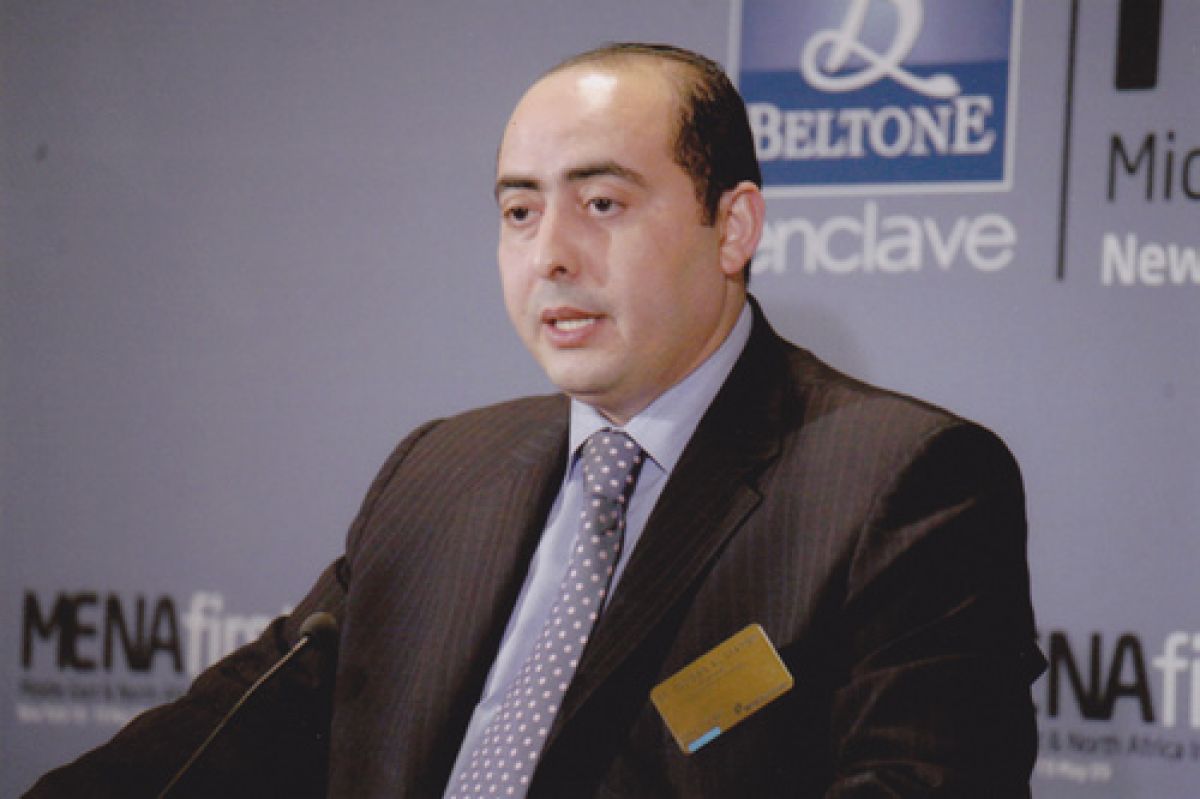Al-Shahoumi: “The suspension of oil production and export is a disaster by all standards, and what is happening today in Libya is a party for mass suicide”

The Professor of finance and investment at Nottingham Trent University in Britain and founder of the Libyan financial market, Suleiman Al-Shahoumi, said that the least description that can be given to what is happening today in Libya, is a party of economic, social, political and moral suicide, with a local mobilization and international disdain, that implicated everyone.
Al-Shahoumi explained that stopping oil production and exporting is a disaster in the true sense of the word, whatever the slogans and premises. He added: “Without a doubt, the national unity government, by refusing to peacefully surrender to the new government, dragged the country to the return of the state of polarization and the recurring scene of conflict and made us closer to the return of armed conflict again to continue in the usual state of rotation. Logic is to not withhold revenues and not deposit them in the government’s accounts with the Central Bank, regardless of the motives, because keeping them outside their natural channels leads to a decline in the ability of the Central Bank to finance foreign trade operations and weakens its ability to finance public expenditures even with adherence to rationalized spending and only salaries and support and stop spending on other chapters. This is a desirable and important requirement to stop the state of flow associated with financial corruption, the least that I can say about, is catastrophic and practiced by an organized network.”
He added that stopping the production and export of oil means a comprehensive stumble that will be reflected in price levels and lead to commitments and technical complications in the energy sector, which is the only hope for restoring economic stability to the country and restoring the course of development for Libya. The revenues will eventually go to the government’s accounts with the Central Bank in accordance with the law to manage public spending, and thus another cycle of the existing vicious circles will increase and rob the rest of the sovereignty and the components of the national state that manages its money and organizes its affairs.Al-Shahumi stressed that setting aside oil revenues and keeping them with the National Oil Corporation is not a solution at all, because this means that the Corporation will not find resources for the continuation of its work as well, and according to the law it manages its operations inside and through the laws of the regulating state. The Central Bank cannot also continue to finance public spending without supplying revenues and making them available for public spending depending on government lending, because we do not know the extent of the ability of the Central Bank to continue financing without revenues in the presence of a previous public debt that has not been settled, and we do not know what is the free balance of the total reserves of the Central Bank with which it finances operations foreign trade.
Al-Shahoumi stressed that the safest way out of this collective suicide is to approve the general budget from the legislative authority and to restrict spending on the condition of the supervision accompanying the Ministry of Finance by the Audit Bureau, and to temporarily stop spending on development and emergency in light of the breach and weakness of state institutions, and the weak ability to manage development operations and drown them in corruption, with the possibility of involving national accounting offices in accordance with specific standards and rules in the process of oversight and review accompanying government institutions to accelerate the ability of the Bureau to carry out tasks within a national project to enhance transparency and protect public money.
The Economist Suleiman Al-Shahoumi concluded his speech by saying that “we must find a way to stop this farce, and we must focus on developing and improving the sustainability of oil and gas, and not losing its role in the future of Libya. We must all share in this basic goal, which will help in the restoration of our economy. and restore stability to the country.”



